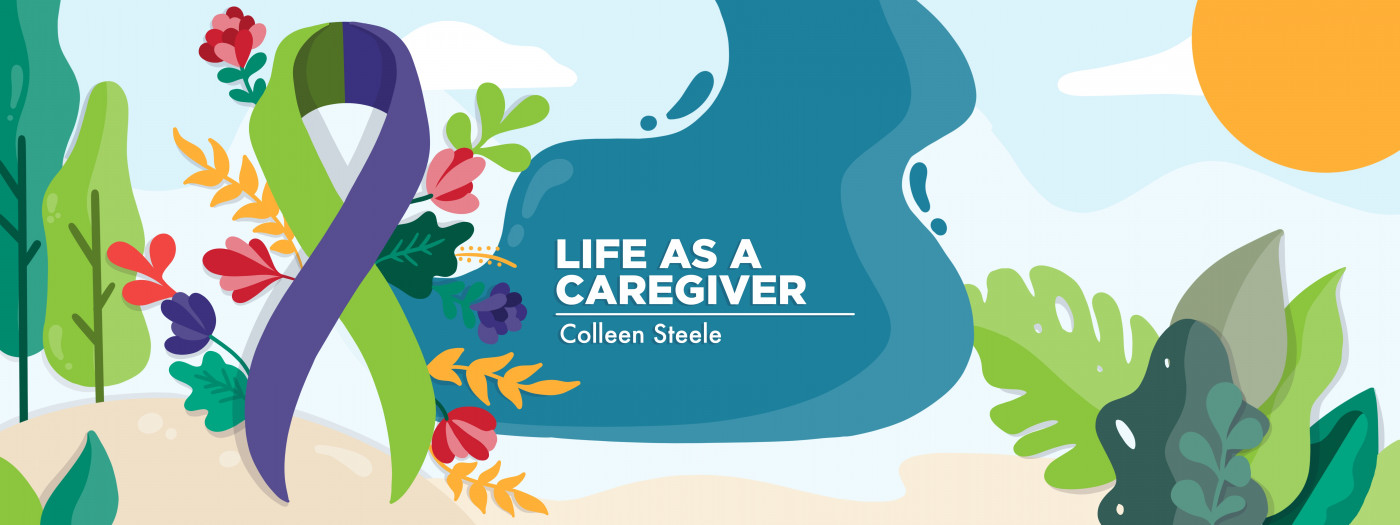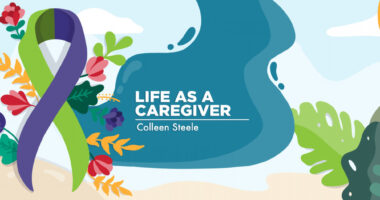Battling the exhaustion that comes with caregiver stress syndrome
Confessions of a tired and lonely caregiver

I’m tired of being lonely, and I’m lonely because I’m tired.
The best time to write about this would have been July 11 for Cheer Up the Lonely Day, but that opportunity came and went with my dreams. I surreptitiously fell asleep and missed my deadline.
Loneliness and fatigue are heavy to carry, so I will try again to metaphorically put them down in words.
Caregiver stress syndrome
An article from Today’s Caregiver defines caregiver stress syndrome as a condition characterized by physical, mental, and emotional exhaustion. Caregiver burnout is a more commonly used term, but I think the word “syndrome” emphasizes the seriousness of its symptoms.
If there were stages to this syndrome, I would be in Stage 3.
Stage 1 began when my 25-year-old son, Cullen, was diagnosed with pulmonary hypertension (PH) in 2008 and continued when he received a heart and double-lung transplant in 2014.
The responsibilities and fear that came with caring for him were as exhausting as they were heartbreaking. The level of tired I was feeling seemed unfathomable to others, which often made me feel alone.
My late husband, Brian, and I were co-caregivers to our son, and we helped keep each other stable throughout this stage. We shared responsibilities and stepped in to do more when one of us showed signs of chronic fatigue. Providing each other time to replenish with a healthy dose of rest and sleep was key to our mental and physical well-being. Loneliness was treated with genuine understanding, accompanied by much-needed hugs, planned date nights, or quality time spent with friends.
We did our best to maintain self-care, but most of our effort and energy were focused on Cullen’s physical and mental health, as well as ensuring his younger brother, Aidan, also felt seen and heard.
Stage 2 crept in slowly with Brian’s physical decline. The reality of how much harder managing fatigue and loneliness would be without him became exhaustingly clear as his caregiver.
No one understood this better than he did. Brian relied on me a great deal, but I know there were many times he sacrificed his comfort so that I could rest or spend time catching up with friends.
Like a bull in a china shop, Stage 3 charged in when Brian passed away in 2023. Broken and exhausted by grief, I packed up and moved halfway across the country, not to rest but to take care of my aging parents.
Cullen moved with me, but is attending college and living on campus. Aidan remained at our home in Washington state to continue pursuing his career. I am so proud of how well my sons are doing, but life as an empty nester and caregiver without the support of my husband is a level of loneliness and exhaustion that I have never felt before.
Guilt takes over
I feel guilty for admitting fatigue and loneliness because I fear it might cast a shadow over the love I put into caregiving. I also feel guilty because I’m not really alone. I’m blessed to have family and friends who check in and offer support.
The problem is that as an only child, often referred to as a lonely-only, I am the sole decision-maker when it comes to my parents’ care, and I wear myself out worrying about making the right ones.
When I say that I’m lonely because I’m tired, what I mean is that instead of planning opportunities to socialize, I would rather make time to sleep. When I do get together or communicate with friends and family, their advice and support are appreciated, but being given more to think about and act on often adds to my exhaustion.
What helps?
Talking and writing about my feelings without judging myself or being judged by others helps clear my head, and with a clear head, I can rest easier.
Like many PH patients, I rely on the spoon theory, a metaphor for energy, which I explained in the column, “When it comes to sleep and energy, which bird are you?”
I wish reading provided the escape it once did, but I find myself too easily distracted, so I rely on television more than I care to admit. Music is comforting, and depending on what I listen to, it can help me sleep, but it can also make me feel lonelier if I’m not careful with my selections.
A symptom that PH and caregiver stress syndrome have in common is a tiredness that never really goes away, and some days are just worse than others. Discussing this reality with others through sources like the PH News Forums can be a way to feel less alone.
I encourage you to lighten your load as I have by commenting and sharing how tiredness and loneliness have affected you.
Note: Pulmonary Hypertension News is strictly a news and information website about the disease. It does not provide medical advice, diagnosis, or treatment. This content is not intended to be a substitute for professional medical advice, diagnosis, or treatment. Always seek the advice of your physician or other qualified health provider with any questions you may have regarding a medical condition. Never disregard professional medical advice or delay in seeking it because of something you have read on this website. The opinions expressed in this column are not those of Pulmonary Hypertension News or its parent company, Bionews, and are intended to spark discussion about issues pertaining to pulmonary hypertension.









Lisa Garnett
❤️ Thank you from the bottom of my heart.
Colleen Steele
If anything, I hope this column helped you feel less alone. Thinking of you, Lisa!